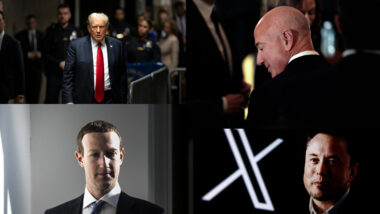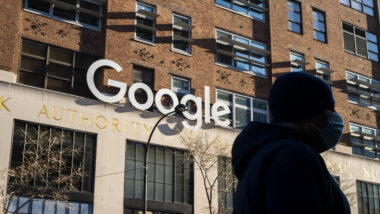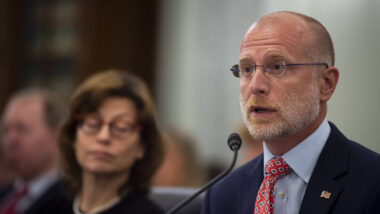Tim Wu schreibt im Slate-Magazin, warum viele kommunale WLAN-Initiativen in den USA fehlschlagen: Where’s My Free Wi-Fi? Das Problem ist meist, dass die Kommunalverwaltungen mit Public-Privat-Partnerships die Aufgaben an Unternehmen outsourcen. Die Unternehmen können aber nicht im Wettbewerb gegen DSL und Kabel bestehen. Diese sind meist zuverlässiger und nur unwesentlich teurer.
Der Lösungsvorschlag von Wu ist offensichtlich: Die Kommunen müssen die Versorgung der eigenen Bürger mit freiem WLAN als kommunale Daseinsfürsorge begreifen. Und eigene Infrastrukturen aufbauen. So wie Strassen auch von den Kommunen betrieben werden.
The basic idea of offering Internet access as a public service is sound. The problem is that cities haven’t thought of the Internet as a form of public infrastructure that—like subway lines, sewers, or roads—must be paid for. Instead, cities have labored under the illusion that, somehow, everything could be built easily and for free by private parties. That illusion has run straight into the ancient economics of infrastructure and natural monopoly. The bottom line: City dwellers won’t be able to get high-quality wireless Internet access for free. If they want it, collectively, they’ll have to pay for it.
[…]
By 2005, it became clear that major cities didn’t really want to build out Wi-Fi networks as public works projects. Instead, places like Philadelphia and San Francisco announced „private/public“ partnerships. That meant giving a private company the right to build a wireless network and try to make money off of it. Often, this simply meant giving a company like Earthlink the rights to install Wi-Fi devices on street lamps and charge citizens for access. The cities then washed their hands of the issue of success or failure.
[…]
Today, the limited success stories come from towns that have actually treated Wi-Fi as a public calling. St. Cloud, Fla., a town of 28,000, has an entirely free wireless network. The network has its problems, such as dead spots, but also claims a 77 percent use rate among its citizens. Cities like St. Cloud understand the concept of a public service: something that’s free, or near-free, like the local swimming pool. Most cities have been too busy dreaming of free pipes to notice that their approach is hopelessly flawed.The lesson here is an old one about the function of government. When it comes to communications, the United States relies on a privateer system: We depend on private companies to perform public callings. That works up to a point, but private industry will build only so much. Real public infrastructure costs real public money. We already know that, in the real world, if you’re not willing to invest in infrastructure, you get what we have: crumbling airports, collapsing bridges, and broken levees. Why did we think that the wireless Internet would be any different?




eine frage stellt sich mir: wird freifunk schon irgendwo durch gemeinden und städte unterstützt ?
Die Idee ist nett. Aber anders als mit Straßen (Ausnahme Fernstraßen, Tunnel, Brücken) kann man mit Internetzugängen Geld verdienen.
Viel Geld. Deshalb wird es Privatfirmen überlassen. Gerade in den USA aber auch bei uns (Mohn/Bertelsmann) wollen die Kommunen ihre Aufgaben outsourcen und dadurch eigene Kosten sparen. Wenn Bertelsmann den Führerschein und den Ausweis herausgibt kostet er eben 150 Euro und muss nach zwei Jahren erneuert werden.
Nein da gibt es weder in den USA noch bei uns Hoffnung. Wir leben in der Welt des neolberalen Wirtschaftsfaschismus. Da steht dem Bürger nichts mehr zu, nicht einmal mehr der Tod.